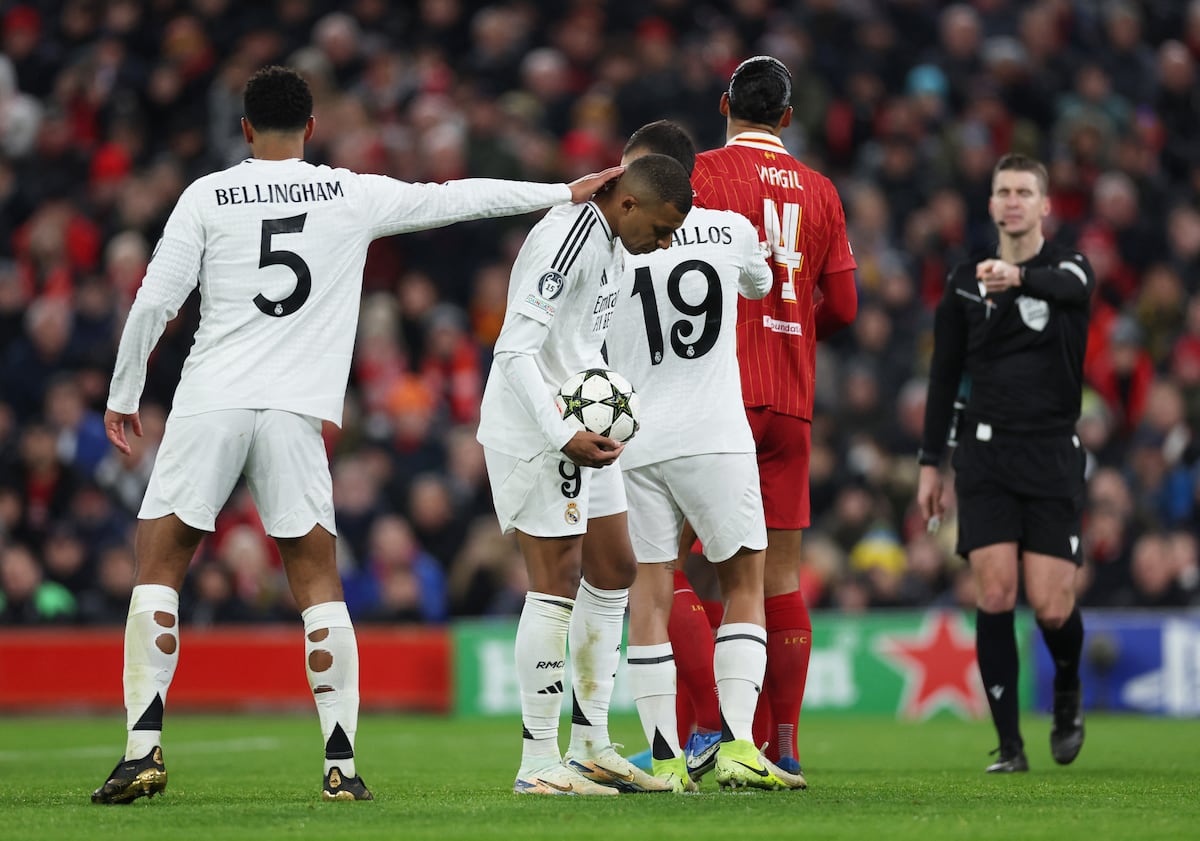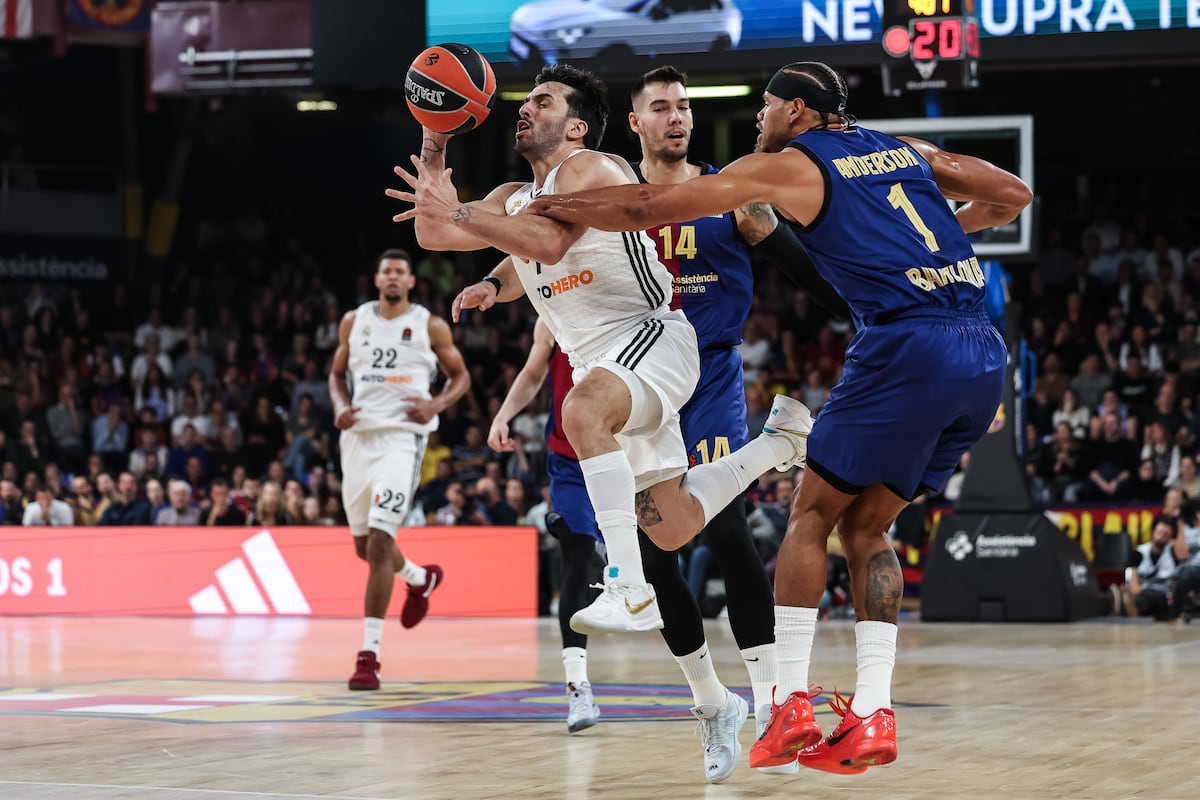We call it streak but it’s actually called confidence. They are those wings or that weight that makes you play lightly or with restraint. You don’t know why at certain times things work out for you or why, at others, they stop working for you. It is as true that trust is the key to a team’s performance, as it is true that it is a mystery to know which locks it opens and which it closes. And we know so little about their patterns that we end up calming ourselves with that football mantra that “the dynamic will change.”
The curious thing is that it is not certain that it will change nor can we predict when it will. We could approach the topic from the theories of games of chance, because, sometimes, we treat football as if it were uncontrollable and random. Then, the gambler’s fallacy would come into play, which in the betting environment leads us to the self-deception of thinking that something is more or less likely to happen because the same or the opposite has happened previously.
None of that counts in football, because taking a penalty right or wrong is not throwing a dice hoping it will come up with a five. But, after the defeat in Liverpool, I seemed to see Ancelotti with some of that mathematical illusion of hoping that the streak will change only because it has lasted too long. He wanted to protect Mbappé by prescribing patience, alluding to the forwards’ scoring dynamics, apparently so capricious, as if just by accumulating games without a goal the Frenchman’s block in front of goal was going to be solved.
I do buy from the Italian coach that when you are in a moment in which things are not working out for you, it is preferable not to complicate things too much and untangle yourself from simplicity. Detect that you are not in your momentum and make it easy. It connects me with what they call a hot hand in basketball. We have all accepted that when a pitcher is on a roll and everything is going in, he is more likely to hit his next shot again. It doesn’t matter that there are studies that argue the opposite, alluding to how the euphoria of success or the pressure to not miss modifies their shot selection or even their mechanics, because, if there is one last play left, we will give it to the fired-up player, trusting that he will maintain his success. Because we believe in him. Science can try to make us see this as sequences of 0 and 1, that in sport we will continue to see an athlete who trusts or who does not trust.
There is a lot of literature on dynamics and it is fascinating to see how difficult they are to predict in an environment like football. Nobody could expect Guardiola’s City to begin to accumulate setbacks without lifting its head because something like this had never happened to them but, at the same time, we understand why they draw a 3-0 draw at the moment they are in. When someone who had been winning a lot suddenly loses, they are so shaken that they run the risk of losing again. In combat sports, it is common for a fighter to begin to be irregular after being undefeated for a long time. Why does that happen?
Because you start to believe that it can happen. Because you lose confidence. They say that success generates more success and this is because victory fuels our belief that we are capable of achieving it again. It drives us to think positively and that increases our performance.
Facing a team in good dynamics intimidates and makes you complex, while if the team in front of you is in low moments you grow from their vulnerability. This football thing is not about dice, but about hands that throw it.










